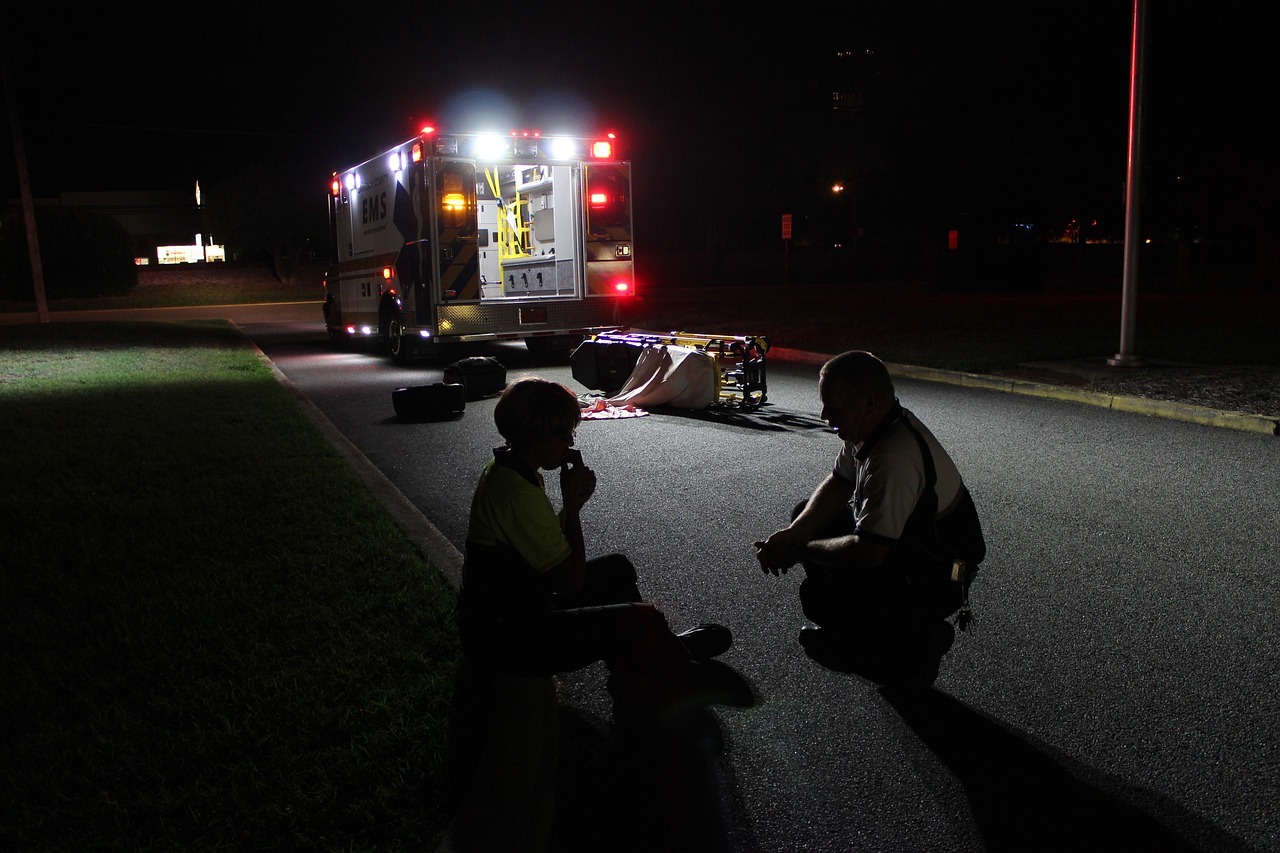3 min read
Ketamine Clinics of LA: How to tell if someone has PTSD and treatment options
ketamine@dmin Jun 5, 2019

Today, we tend to think of PTSD, or Post Traumatic Stress Disorder, as an issue for combat veterans returning from military deployment. In fact, PTSD can happen to anyone who has been involved in any type of traumatic event, including, but not limited to, traffic accidents, natural disasters, sexual or other assault, or any other terrifying, dangerous, or tragic event. Most people who experience trauma do not develop the type of emotional reaction that leads to PTSD, but for those who do, PTSD can be a serious, debilitating, and even life-threatening medical condition that requires immediate, professional intervention.
Cognitively, psychologists categorize the symptoms of PTSD into four general groups:
- Reminders or triggers: emotional reactions linked to specific memories, flashbacks, reminders, or nightmares of the traumatic event.
- Withdrawal or avoidance: loss of interest in normal activities and social interactions in order to avoid potential triggers.
- Negative thinking and/or mood swings: may include persistent feelings of guilt, fear, shame, anxiety, depression, and/or anger.
- Hyper-arousal: the need to be “on guard” at all times, potentially manifesting as irritability, reckless behavior, trouble concentrating, and/or difficulty sleeping.
Yet, while these broad groupings are useful from a clinical perspective, they are perhaps less helpful when trying to identify whether a family member or friend may be suffering from PTSD. What specific signs or symptoms should you look for? In general, eight of the most common indicators of PTSD are:
- Uncontrollable thoughts or memories of the event, or uncontrolled reliving of the trauma
- Intense fear or feeling that one cannot now or ever again be safe, even if no danger is present
- Chronic anxiety coupled with a need to be “on guard” and unable to unwind or relax
- Persistent feelings of depression and/or hopelessness
- Inability to connect emotionally with loved ones
- Difficulty sleeping, including problems falling asleep, difficulty staying asleep, or persistent nightmares
- Irritability and frequent episodes of uncontrollable outbursts of anger
- Suicidal ideation or thoughts of suicide, either active (making a specific plan of action) or passive (such as thoughts like “you would be better off without me around”)
Individuals with PTSD may also begin to demonstrate specific behavioral changes relating to and stemming from the symptoms listed above, such as:
- Difficulty maintaining personal relationships due to increased interpersonal conflict, issues with trust and intimacy, and withdrawal from normal familial/social relationships
- Decrease in self-esteem, potentially coupled with a reduction in self-care, an increase in self-harming behaviors, and/or suicidal ideation
- Compromised work performance or decline in an ability to perform normal tasks and activities
- Avoidance of people, activities, and/or hobbies that used to be enjoyable
- Inappropriate and/or ineffective coping mechanisms such as an increase in alcohol or drug use
Of course, not all PTSD sufferers demonstrate all of these symptoms; the ways in which PTSD manifest vary greatly from individual to individual. However, if someone you love has been through a traumatic event and you are seeing even just one of these symptoms begin to undermine their emotional health and ability to function, it is important that you encourage them to seek medical help immediately.
Ketamine Infusion Therapy and Other Treatment Options for PTSD
The traditional treatment for PTSD is a combination of talk therapy and, if necessary, a class of medications known as antidepressants. At Ketamine Clinics of Los Angeles, we offer an alternative approach: Ketamine Infusion Therapy. This alternative therapy, especially when coupled with traditional talk therapy, may offer some patients coping with PTSD a safe and effective medical alternative to antidepressants. More critically, Ketamine Infusion Therapy may prove an especially important option for patients who:
- Have treatment-resistant PTSD and have not found relief from currently-available antidepressants; and/or
- Are coping with suicidal ideation and do not have the luxury of the time needed to wait for antidepressants to take effect.
Because Ketamine Infusion Therapy works differently on the brain’s chemistry than antidepressants, it can take effect more quickly; many patients find that their negative thoughts decrease, and their mood elevates also immediately after treatment, without the negative side effects associated with antidepressants. In fact, research studies and anecdotal evidence alike are beginning to demonstrate that ketamine has, for many patients, an immediate anti-depressive impact, delivering rapid relief that can quickly break through the cycle of PTSD, anxiety, depression, negative thought patterns, and suicidal ideation.
For more information about Ketamine Infusion Therapy treatments for depression, bipolar, anxiety, post-traumatic stress disorder (PTSD), obsessive compulsive disorder (OCD), fibromyalgia, pain syndromes and other conditions contact us at Ketamine Clinics of Los Angeles in Southern California (Orange County) by clicking here or calling 310-270-0625.

